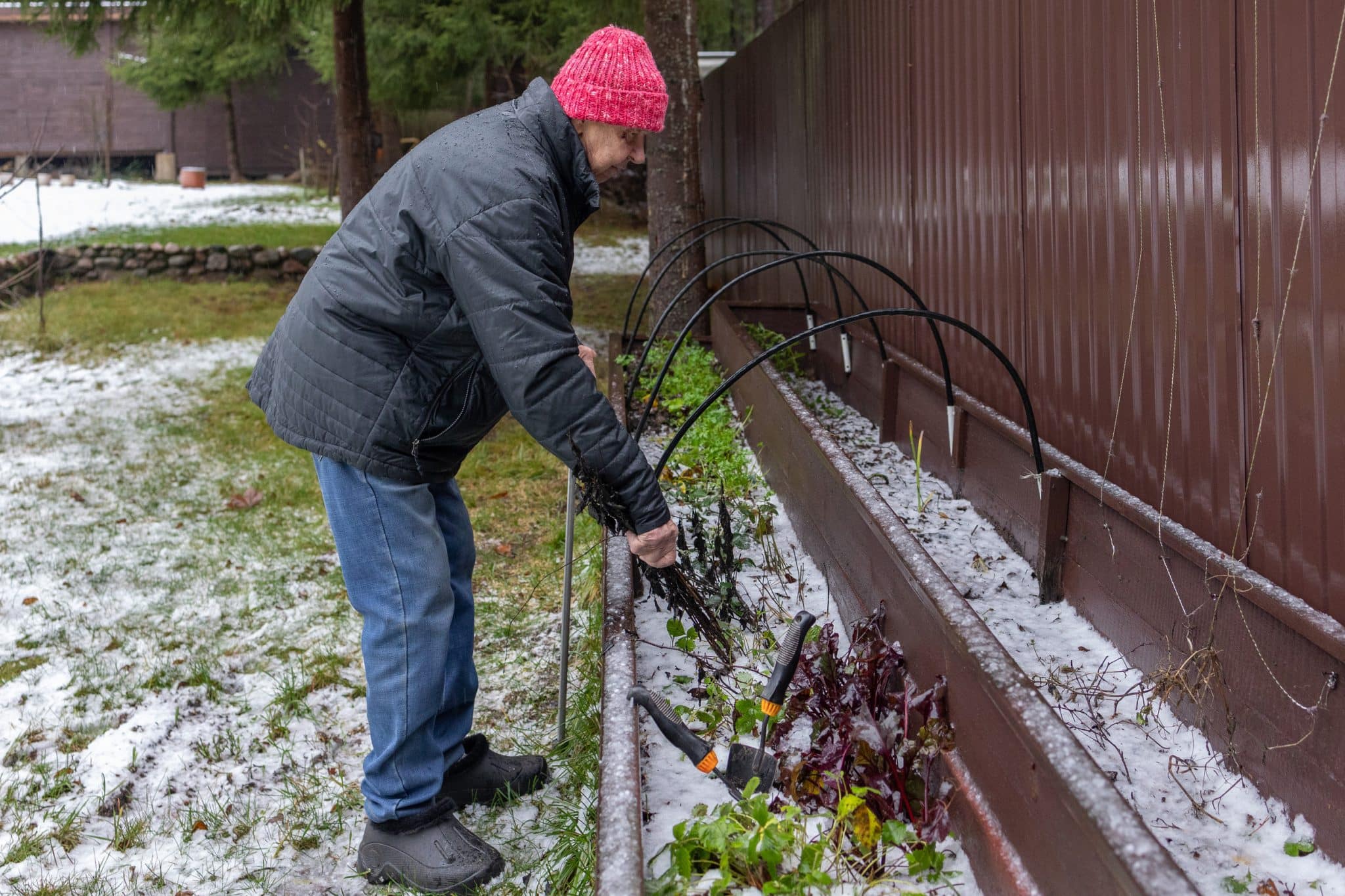Image Credit: patrapee5413/123rf.com
In Bangladesh, where over 8,000 brick kilns operate during the dry winter months, a recent study has revealed that minor adjustments in brick stacking techniques can significantly reduce air pollution. These kilns produce around 30 million bricks annually and contribute to substantial air quality issues, emitting thick black smoke that affects both the environment and public health.
Brick production plays a vital role in the construction of homes, schools, and infrastructure within the country. However, the traditional coal-fed kilns are responsible for an estimated 10 to 40 percent of the fine particulate matter present in Bangladesh’s air. These particles pose serious health risks, including respiratory diseases and cognitive impairments.
The research team, which included experts from Bangladesh, India, and the United States, explored the impact of modifying brick stacking methods. Traditional practices involve tightly stacking sun-dried bricks in large chambers for baking, which leads to inefficient fuel use and uneven heating. The study proposed a simple zig-zag stacking pattern to enhance airflow and optimize coal usage.
The experiment involved 276 kilns, where operators were trained in the new techniques. The findings indicated that kilns adopting these changes saw an average reduction in fuel use by 23 percent, along with a 20 percent decrease in carbon dioxide and particulate emissions. Additionally, the quality of the bricks improved, benefiting the kiln owners’ profits.
The human impact of these changes has also been significant. Workers, who are often exposed to harmful smoke, experienced a reduction in air pollution, while kiln owners reported savings of approximately $40,000 per season due to decreased coal consumption. Encouragingly, most kiln operators continued to implement the new methods a year after the experiment.
With brick kilns being a major contributor to air pollution in Bangladesh, the potential for these simple, cost-effective interventions to enhance public health is substantial. The research team is collaborating with the Bangladeshi government to expand training programs and reach more kiln operators, demonstrating that practical solutions can yield meaningful improvements in both environmental and human health.
Check out the original article here: Source link



